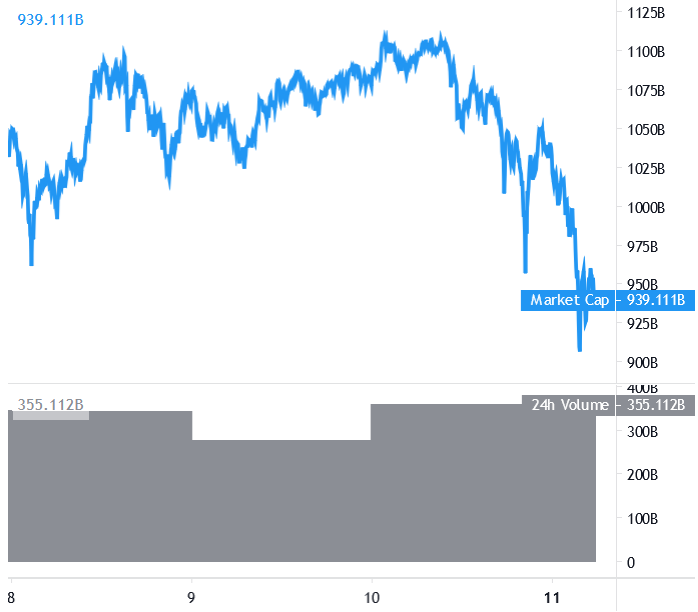From accepting to an open economy to firing up the first mission to the moon to establishing a functional higher-education framework—we’ve always been lackluster in every dimension. This same pattern has now taken a behemoth stance that we can actually implement to foresee “what’s next?”
Let’s Talk Cryptocurrency
In April (2018), Reserve bank of India passed a circular, asking all the banks and digital wallets in the country to stop facilitating cryptocurrency transactions. This diktat prevents banks and non-banking companies to have any kind of transactional association with firms, intermediaries, and individuals who deal with digital currencies.
said Deputy Governor of the RBI B.P. Kanungo.
Where does the Government Stand?
The government at the center have an even worse stance than RBI. While at least RBI has been clear that it’s trying to pull the oxygen plug out, Modi government is at it on a whole different level.
‘We will ask you not to get involved in the cryptocurrencies. BUT we will also ensure that you have all the space to buy-sell the digital tokens and grow your portfolio without any repercussion.’ That’s basically where the current government stands. Perhaps they know they would upset lakhs of investors-cum-voters, the majority of who comes from Surat and other metropolitan cities. Or maybe they are giving the ministers, politicians, and partners enough time to make the most of cryptos. (Yes, a-la-demonetization when few already settled their black money ahead of the economic anarchy!)On January 2, 2018, Arun Jaitley iterated, “Through multiple notifications, the two parties (the government and the RBI) have notified the public time and again that Bitcoins will not be considered lawful or legal tender in India.” Again, he didn’t say cryptocurrencies are illegal.
-Canada has an intensive framework to regulate the companies dealing in cryptocurrencies.
-Mexico is all readied to regulate virtual currencies under FinTech Law.
-Germany identifies Bitcoin as a “unit of account” that can be used for tax and trading in the country.
Some have highly defined regulations to keep a check on the crypto market, others treat these digital tokens as intangible assets. Some are charging taxes on crypto returns, others are still uncertain and cautioning investors (but without labeling anything illegal or banned).
Of course, there are few countries where cryptocurrencies are implicitly banned; like China, Saudi Arabia, Iran, and Indonesia. Mind you, these are also the countries who limit citizens’ access to the internet.You simply cannot play with a technology and hush its biggest by-product. Talking about blockchain technology and Bitcoin here! Indian government and central bank have admitted that they are open to employ blockchain technology in different sectors. How easy (or difficult) would that be when they ban cryptocurrencies in entirety?
The cryptocurrency is an answer to the old and inefficient system that would revolutionize the century forward. The world is accepting that Bitcoin is here to stay. The countries are fast striding to positively react to it. It’s critical that to maintain its tout of being a “fast emerging leader”, India keeps up with the pace of the rest. We cannot shun away something that major economies are preparing to embrace. Thankfully, while we’re always late to the party, we’re at least the part of it. Bitcoin and other (real) cryptocurrencies will be legalized in India. Not today but certainly tomorrow.











